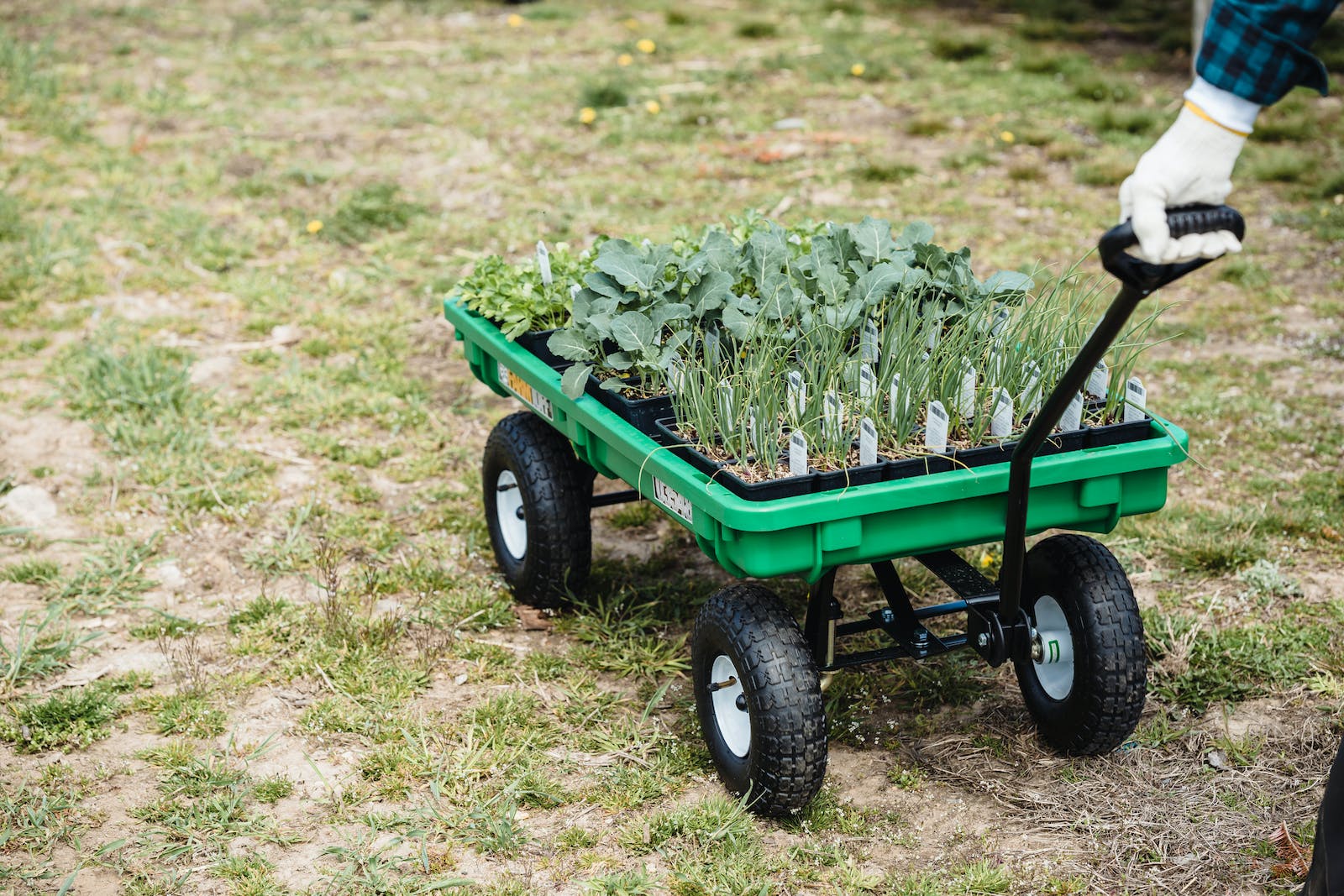In today’s society, where conscious consumerism and sustainable practices are increasingly valued, supporting ethical food production is a crucial step toward building a more sustainable and responsible food system. Ethical food production encompasses various aspects, such as environmental sustainability, animal welfare, fair labor practices, and community engagement. As individuals, we can develop ethical strategies to support and promote these practices, ensuring that our food choices align with our values. In this guide, we will explore different strategies for supporting ethical food production and making a positive impact on the food system.
Supporting ethical food production goes beyond personal dietary choices; it involves considering the environmental, social, and economic impacts of our food consumption. Ethical food production aims to minimize harm to the environment, promote humane treatment of animals, ensure fair compensation for workers, and prioritize community well-being. By adopting ethical strategies, we can promote positive change within the food system and contribute to a more sustainable future.
Understanding Ethical Food Production
Ethical food production encompasses a range of considerations, including:
- Environmental Sustainability: Ethical food production practices prioritize sustainable farming methods that minimize harm to the environment. This involves minimizing the use of synthetic chemicals, conserving water resources, promoting soil health, and adopting practices that reduce carbon emissions, such as regenerative agriculture and agroforestry.
- Animal Welfare: Ethical food production focuses on ensuring that animals raised for food are treated with respect and provided with humane living conditions. This includes providing adequate space, access to natural habitats, and avoiding practices such as confinement and unnecessary use of antibiotics.
- Fair Labor Practices: Ethical food production involves promoting fair wages, safe working conditions, and workers’ rights within the food system. It encourages transparency and accountability, ensuring that those involved in food production are treated ethically and provided with fair compensation.
- Community Engagement: Ethical food production emphasizes building strong local food systems and supporting communities. It involves initiatives such as supporting small-scale farmers, investing in local agriculture, and promoting community-supported agriculture (CSA) programs.
By understanding these aspects of ethical food production, we can develop strategies that align with our values and contribute to a more responsible food system.
Choosing Organic and Locally Sourced Foods
One of the most impactful strategies for supporting ethical food production is choosing organic and locally sourced foods. Organic foods are grown without synthetic pesticides, herbicides, or genetically modified organisms (GMOs). By choosing organic, we support farming practices that prioritize environmental sustainability, biodiversity, and soil health. Organic farming also reduces the risk of pesticide exposure, benefiting both our health and the environment.
Additionally, opting for locally sourced foods supports local farmers and reduces the carbon footprint associated with long-distance transportation. Local foods are often fresher, as they travel shorter distances from farm to table. By purchasing from local farmers’ markets or joining community-supported agriculture (CSA) programs, we can directly support local agriculture while fostering community connections.
Supporting Fair Trade and Direct Trade
Fairtrade and direct trade are essential components of ethical food production. Fairtrade certification ensures that farmers and workers in developing countries receive fair wages, fair working conditions, and community development support. By purchasing products with fair trade certification, such as coffee, chocolate, and tea, we can support farmers and workers and contribute to poverty alleviation.
Direct trade, on the other hand, involves building direct relationships between producers and consumers, bypassing traditional supply chains. By purchasing directly from farmers or small-scale producers, we can ensure that their labor is adequately compensated and that they receive a fair share of the economic benefits.
Reducing Food Waste and Supporting Food Recovery Programs
Food waste is a significant issue in our current food system, contributing to unnecessary environmental degradation and resource waste. Developing strategies to reduce food waste is an ethical approach to supporting sustainable food production. By planning meals, utilizing leftovers, and composting food scraps, we can minimize waste at home.
Additionally, supporting food recovery programs and organizations that redistribute surplus food to those in need is an impactful way to address food waste and food insecurity. Donating excess food to local food banks, volunteering at food recovery organizations, or advocating for policies that support food waste reduction are all meaningful actions we can take to support ethical food production.
Advocating for Animal Welfare
As consumers, we have the power to advocate for improved animal welfare standards within the food industry. By choosing products that prioritize animal welfare, such as cage-free eggs, pasture-raised meats, and dairy products from farms with high animal welfare standards, we can support ethical food production and send a message to the industry that animal welfare matters.
Furthermore, supporting organizations and initiatives that work towards improving animal welfare standards can have a broader impact. By donating to these organizations, signing petitions, and raising awareness about the importance of animal welfare, we can contribute to positive change within the industry.
Being Mindful of Packaging and Waste
In addition to considering the ethical aspects of food production, it is essential to be mindful of the packaging and waste associated with the food we consume. Opting for products with minimal packaging or packaging that is recyclable or biodegradable can help reduce waste and minimize our environmental impact.

Choosing products in bulk or purchasing from stores that offer refill stations for common household items can also reduce packaging waste. By embracing a zero-waste mindset and practicing mindful consumption, we can contribute to a more sustainable and ethical food system.
Engaging with Community-Supported Agriculture (CSA)
Community-supported agriculture (CSA) programs provide an opportunity to directly engage with local farmers and support sustainable food production. By joining a CSA, individuals can become shareholders in a farm and receive a share of the harvest throughout the growing season. This not only supports local agriculture but also fosters a deeper connection to the food we consume and the farmers who grow it.
CSA programs often provide a diverse range of seasonal produce, encouraging individuals to explore new foods and embrace a more varied and nutritious diet. Additionally, engaging with CSA programs supports the principles of fair compensation for farmers and promotes community resilience.
The Importance of Education and Awareness
Education and awareness play a crucial role in promoting ethical food production. By educating ourselves about different food production practices and their impact on the environment, animals, and communities, we can make informed choices that align with our values.
Sharing this knowledge with others through conversations, social media, or even starting a blog can help raise awareness and inspire more people to support ethical food production. By highlighting the benefits of sustainable farming practices, fair trade, animal welfare, and community engagement, we can create a ripple effect of positive change within the food system.
Conclusion
Supporting ethical food production is essential for building a sustainable and responsible food system. By choosing organic and locally sourced foods, supporting fair trade and direct trade, reducing food waste, advocating for animal welfare, being mindful of packaging and waste, engaging with community-supported agriculture, and promoting education and awareness, we can make a positive impact on the food system.
Remember that every choice we make as consumers has an impact. By aligning our food choices with our values and supporting ethical food production, we can contribute to a more sustainable future for ourselves, the environment, and the generations to come.

































